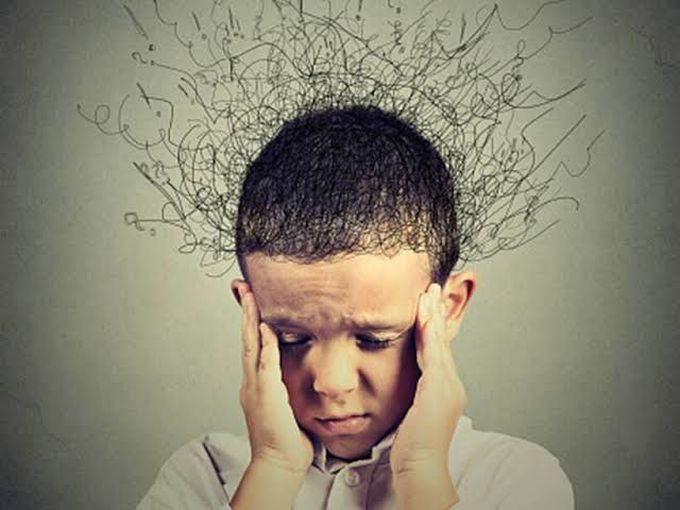


Symptoms of anxiety in children
Anxiety can make a child feel scared, panicky, embarrassed or ashamed. Some of the signs to look out for in your child are: finding it hard to concentrate not sleeping, or waking in the night with bad dreams not eating properly quickly getting angry or irritable, and being out of control during outbursts constantly worrying or having negative thoughts feeling tense and fidgety, or using the toilet often always crying being clingy all the time (when other children are ok) complaining of tummy aches and feeling unwell Your child may not be old enough to recognise why they're feeling this way. The reason for the anxiety (if there is one) will differ depending on the age of the child. Separation anxiety is common in younger children, whereas older children and teenagers tend to worry more about school performance, relationships or health.

